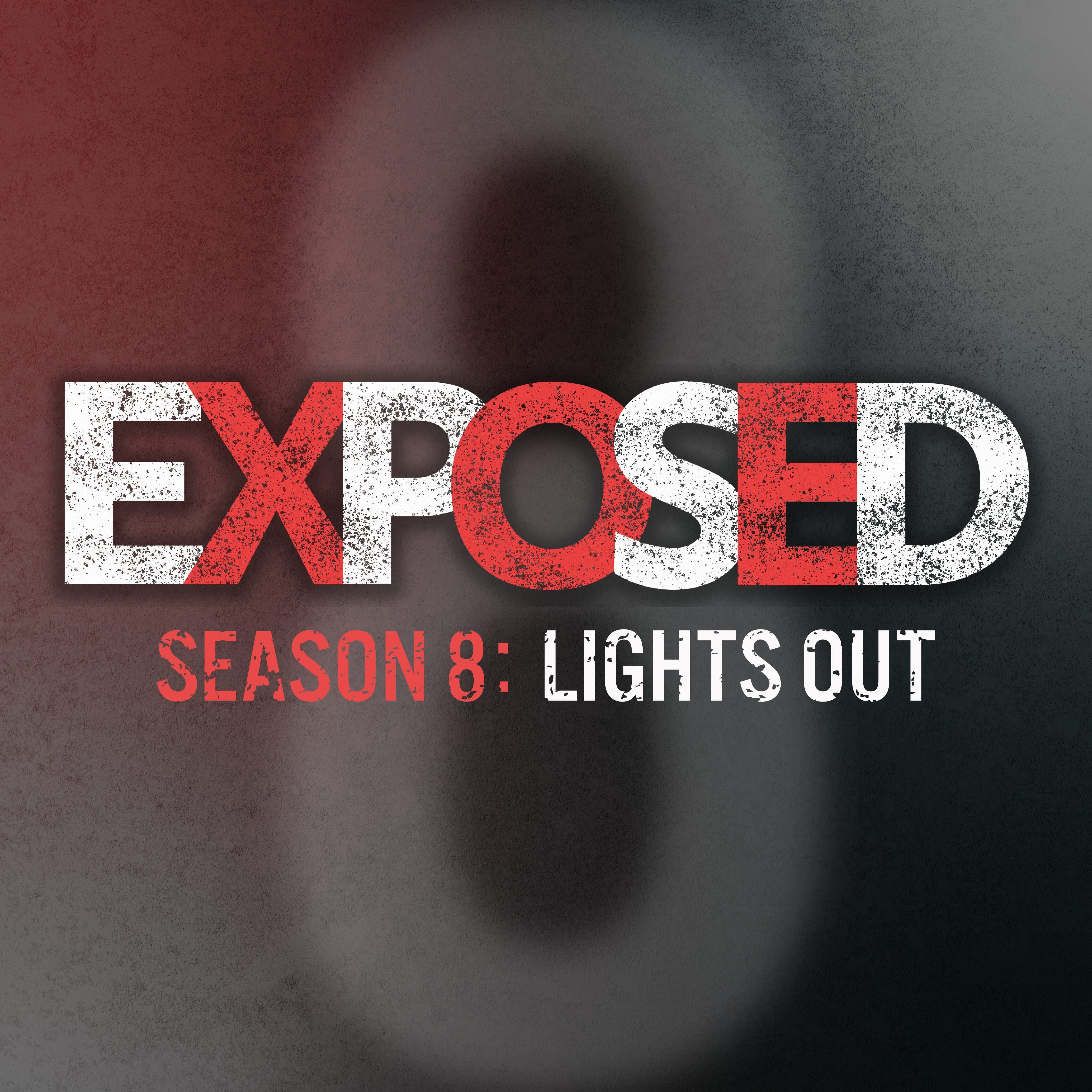After repeated abuses of power by Texas’ Child Protective Services, citizens have championed bills proposing important reforms of the state agency. Two of these bills have passed the Texas Legislature and are now awaiting the signature of Gov. Greg Abbott.
For years, parents across the state have reported incidents of CPS abuse, culminating in the Pardo case, in which the state agency illegally took 4-year-old Drake Pardo from his parents, Daniel and Ashley. CPS eventually admitted they had no justification for this, and the Texas Supreme Court ordered that Drake be returned home. Last December, Daniel and Ashely Pardo were finally removed from Texas’ child abuse registry.
Krista McIntire, a consultant on CPS cases, has previously described the agency as “out of control, with no accountability.”
Two important bills bringing much-needed reform and restraint, House Bills 567 and 2536, successfully made their way through the Legislature.
House Bill 2536
HB 2536 by State Rep. Matt Krause (R–Haslet) would ban courts from terminating a parent-child relationship because the parent sought a second medical opinion for their child or moved him or her to another medical provider or facility. The Texas Department of Family and Protective Services—where Child Protective Services is housed—would also be banned from seizing children from their parents for the same reasons.
“A lot of this really is a response to what happened in the Pardo case, where you had a family of a medically fragile child who was just trying to figure out how to take care of their kid and how to do what was best for their child,” said Andrew Brown, director of the Center for Families and Children at the Texas Public Policy Foundation.
“’How do I help my child?’ should never put a parent in a position where they’re exposed to an investigation by CPS,” Brown continued. “Obviously, we want to protect kids from abuse and neglect, but we can’t do that at the cost of getting children the medical treatment that they may need—especially where it’s not readily apparent what the problem with the child is and you’re having to do differential diagnoses and all the investigation that goes on in the medical profession.”
The bill passed the House on April 13 by a vote of 148-0, passed the Senate on April 29 by a vote of 31-0, and was sent to Gov. Abbott on May 4.
House Bill 567
“There is language in [HB 567] that would prevent non-offending parents from being punished,” McIntire previously told Texas Scorecard. “We have a lot of non-offending parents out there that are having their children removed or put in services.”
The bill also has language that forces CPS to place children with family should a removal be warranted.
“HB 567 creates a more just and compassionate child welfare system,” Brown tweeted.
“In some of your districts, children are removed at 10 times the rate of other districts. That kind of inconsistency shouldn’t happen,” State Rep. James Frank (R–Wichita Falls), HB 567’s author, told representatives. “We want to shorten the length of time parents and families are left in limbo.”
HB 567 passed the House on April 1 by a vote of 143-5, passed the Senate on April 28 by a vote of 31-0, and was sent to Gov. Abbott on May 4.
Abbott’s office didn’t respond to a media inquiry before publication on when or if he plans to sign HBs 567 and 2536 into law.
While the news of these bills making it to Abbott is encouraging for families who have suffered under CPS, there are still more reforms yet to be passed out of the Legislature.
HB 1895 by State Rep. Gary Gates (R–Rosenberg) would change the reporting of possible child abuse from anonymous to confidential. There’s also Senate Bill 647 by State Sen. Lois Kolkhorst (R–Brenham), which McIntire calls a “Miranda warning bill, because when families become under investigation, they have no idea what their rights are.” Neither bill has had a hearing in its assigned committee.
On May 3, Kolkhorst’s companion bill in the Texas House, HB 2737 by State Rep. Ina Minjarez (D–San Antonio), was sent to the Calendars Committee, which decides when to schedule bills for a vote before the whole House.
The Calendars Committee is well within the 30 days allotted to take no action on any bill, thus making another avenue for bills to die in the legislative process.
The last day for House committees to vote out House bills or House joint resolutions is May 10, while the last day for the overall House to consider House bills and House joint resolutions on the floor for a second reading is May 13.
Legislation may be tracked using Texas Legislature Online, and citizens may contact their state representative and Gov. Greg Abbott.





